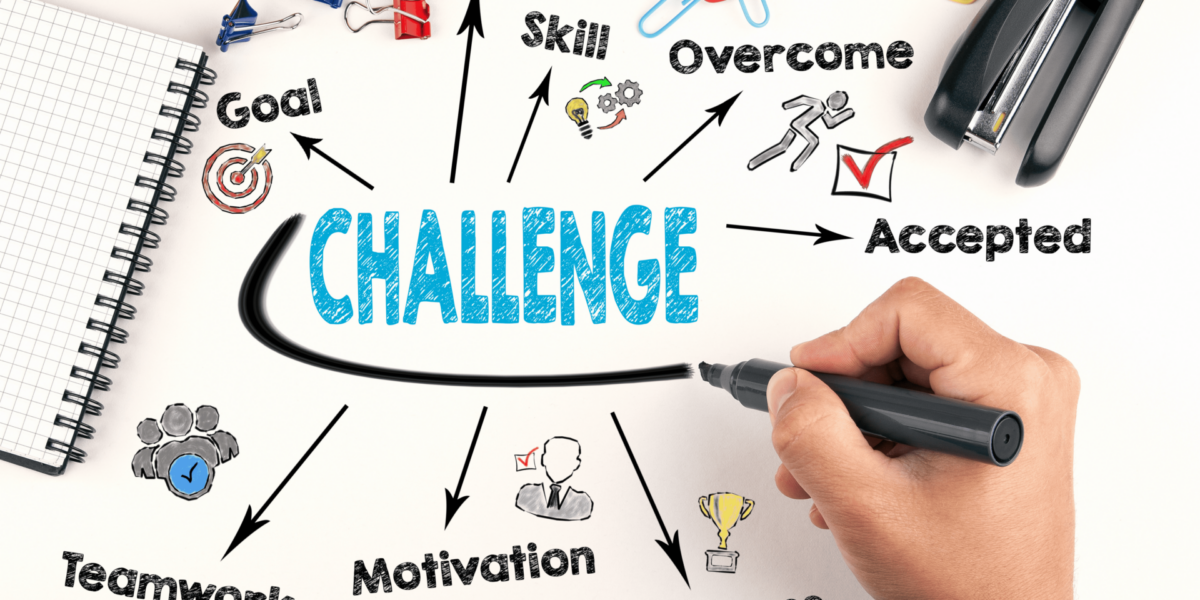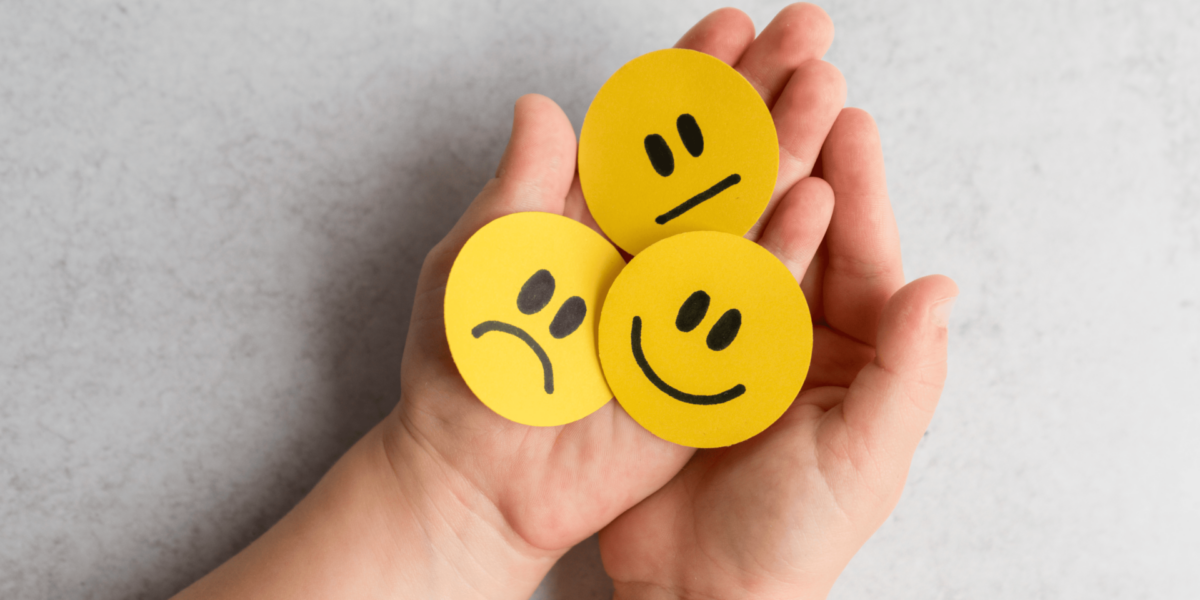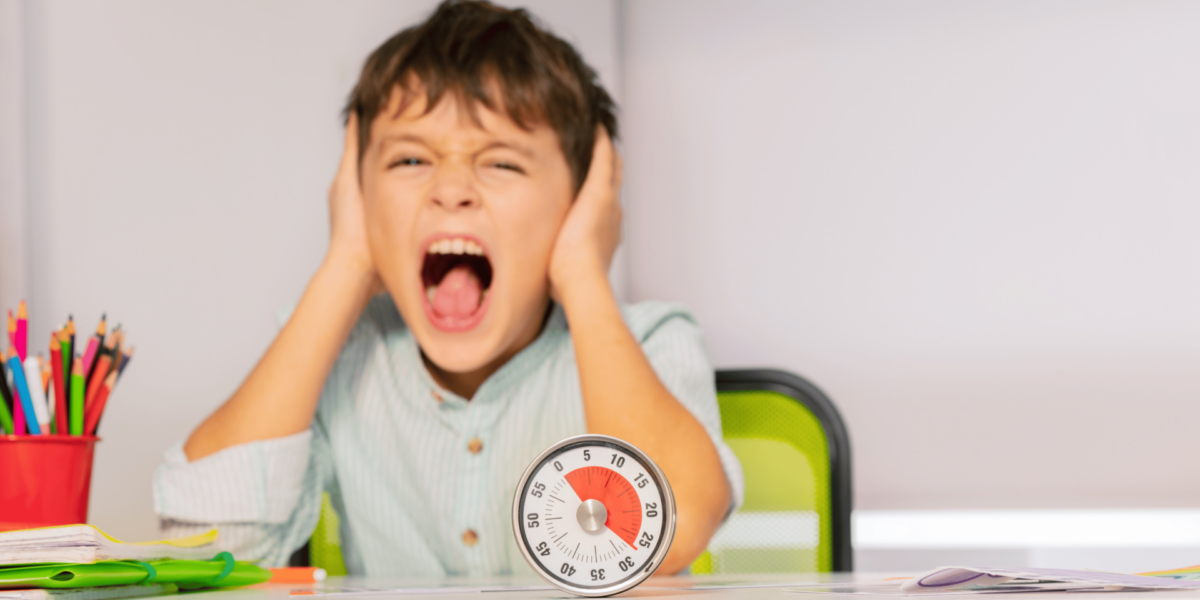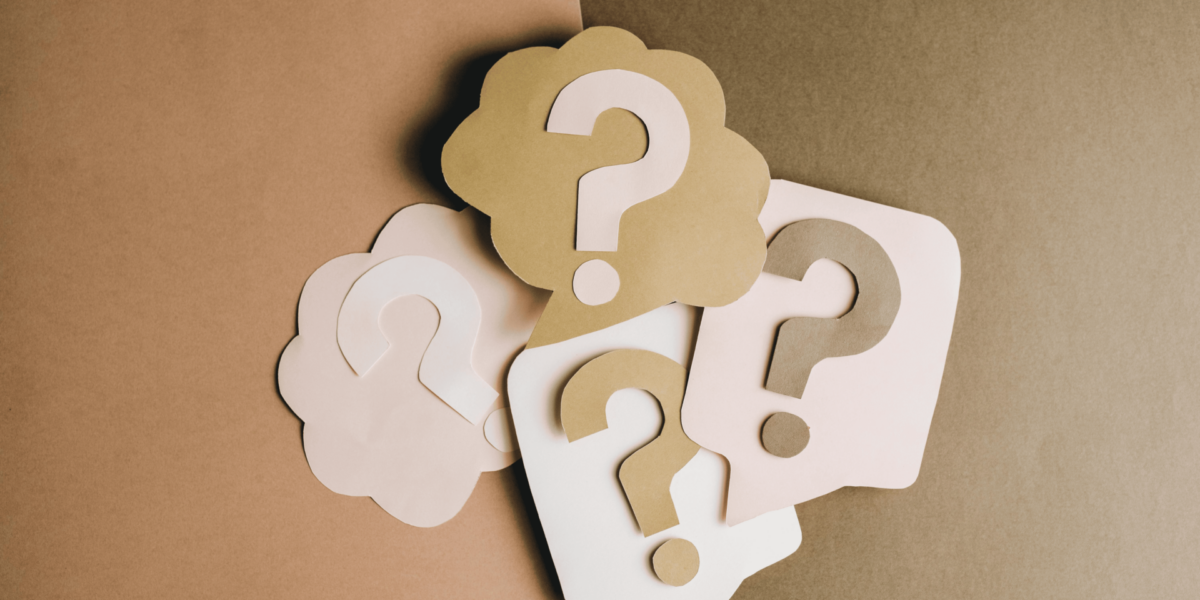Understanding the Power of Perspective in Problem-Solving
The way you frame a situation determines how you respond to it. When faced with a challenge, your first interpretation often sets the tone for every action that follows. If you view a problem only as an obstacle, it can drain energy and narrow your options. When you reframe it as a chance to learn or improve, your mind searches for possibilities instead of limitations. This shift in perspective doesn’t remove the difficulty—it changes the way you approach it.
Why Reframing Shapes Better Outcomes
Reframing works because it interrupts your default reaction. Instead of moving straight into frustration or avoidance, you give yourself space to reassess the situation. This pause allows you to notice details you may have missed at first glance. With a clearer view, you can identify resources, skills, or strategies that may help. In many cases, what seemed like a setback can lead to a stronger result than the original plan.
Identifying Limiting Narratives That Block Solutions
Many challenges feel bigger than they are because of the story you tell yourself about them. A missed deadline can feel like a complete failure if the narrative is “I’m not capable.” That same event looks different if the story is “This delay will help us deliver better quality.” Recognizing and rewriting these limiting narratives helps remove unnecessary emotional weight. It allows you to focus on actions instead of doubts.
Using Language to Shift Mindset and Direction
The words you use shape the meaning you assign to an event. Describing a challenge as a “problem” signals danger or loss. Calling it a “project” or “test” can make it feel more manageable. This isn’t about sugarcoating reality—it’s about choosing language that keeps you engaged and willing to act. Small shifts in wording can open up new ways to interpret the same situation, guiding you toward more constructive responses.
Creating a Structured Approach to Reframing
Reframing becomes easier when you use a consistent process. First, describe the challenge in neutral, factual terms without judgment. Second, list what you can control within the situation. Third, identify at least one potential benefit or learning opportunity it presents. Finally, decide on a first step you can take toward a better outcome. This approach gives structure to a skill that might otherwise feel abstract.
Staying Grounded When Pressure Builds
Under stress, your mind tends to narrow its focus to the immediate problem. While this can help in emergencies, it often makes everyday challenges seem more urgent than they are. Reframing requires you to widen your perspective, even when pressure builds. This might mean stepping away from your desk for a moment, speaking with someone who offers a balanced view, or reviewing your original goals to regain clarity.
Turning Uncertainty Into a Catalyst for Growth
Most challenges come with an element of uncertainty. Instead of treating uncertainty as a threat, you can frame it as a space for experimentation. This mindset gives you permission to try new approaches without expecting perfection from the start. By seeing uncertainty as an open field instead of a closed door, you create room for solutions that may not have been visible before.
Recognizing the Long-Term Value of Short-Term Setbacks
When you look beyond the immediate discomfort of a challenge, you often find value that only becomes clear over time. A difficult project can strengthen your problem-solving skills. A conflict can improve your ability to communicate under pressure. By reframing these moments as part of a bigger picture, you make it easier to stay motivated through the short-term strain.
Building Resilience Through Repeated Practice
Reframing is not a one-time skill—it’s a habit built over repeated use. The more you apply it, the faster you can make the mental shift when challenges arise. Over time, you begin to approach new problems with curiosity instead of dread. This resilience reduces the impact of setbacks and keeps your focus on forward movement.
Integrating Reframing Into Everyday Decision-Making
To make reframing part of your daily life, practice it in both major and minor situations. The small adjustments you make when handling everyday obstacles—such as a delayed meeting or a change in plans—train your brain to respond more constructively when larger issues arise. This consistency strengthens your ability to see opportunities where others might only see roadblocks.
Why Reframing Creates a Competitive Advantage
In both personal and professional settings, the ability to reframe challenges sets you apart. While others may stall or become discouraged, you can maintain momentum by focusing on possibility. This doesn’t mean ignoring risks—it means weighing them against potential gains and acting with intention. The combination of adaptability and optimism positions you to navigate uncertainty more effectively than those who see only problems.
Moving Forward With Clarity and Purpose
Reframing challenges into opportunities requires awareness, discipline, and practice. By controlling the narrative you tell yourself, using constructive language, and focusing on what you can influence, you can transform your approach to problem-solving. Each reframed challenge becomes part of a larger story of growth, resilience, and purposeful action. The more you refine this skill, the more you will find that opportunities are rarely hidden—they are simply waiting for you to see them differently.









